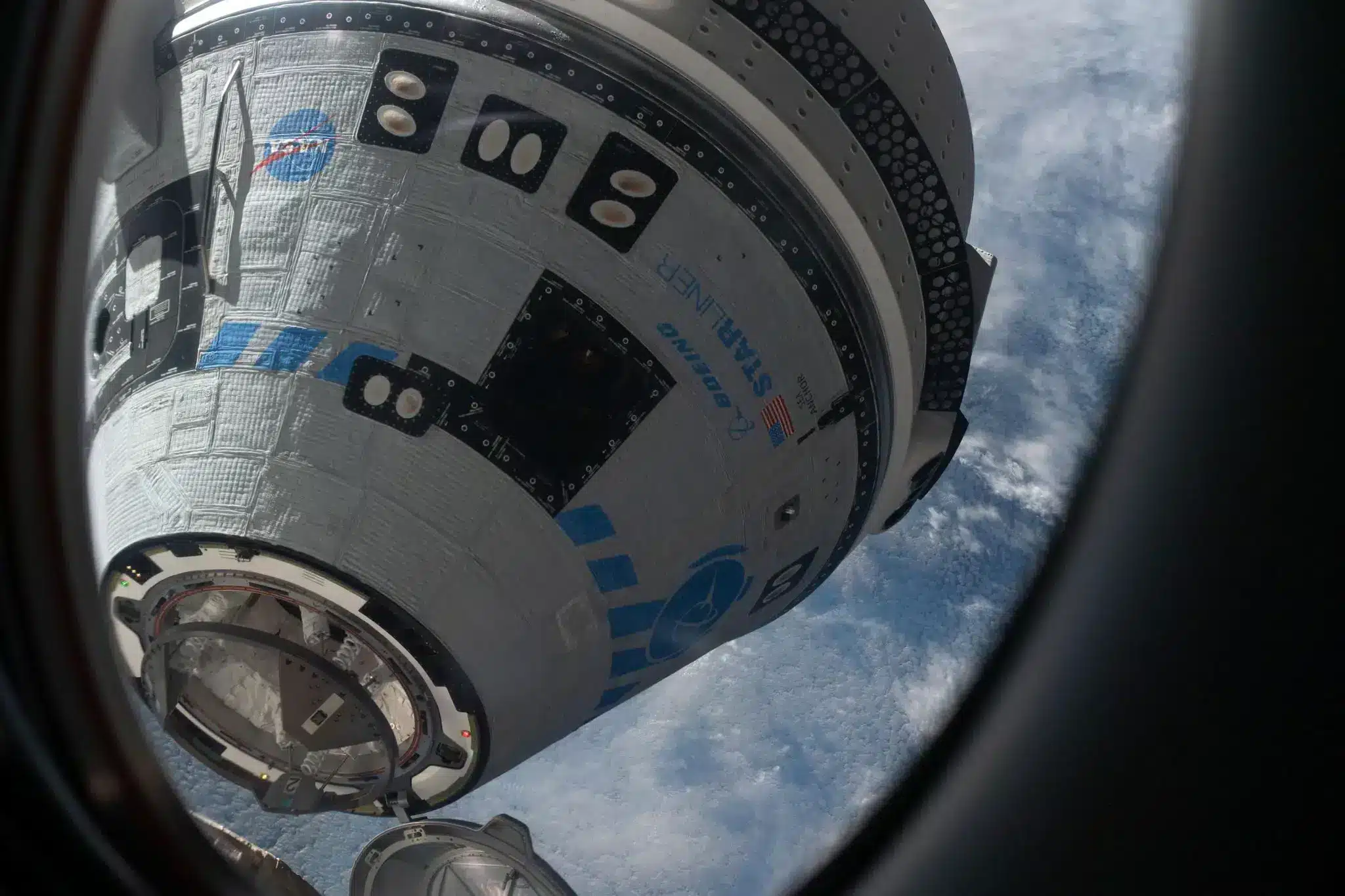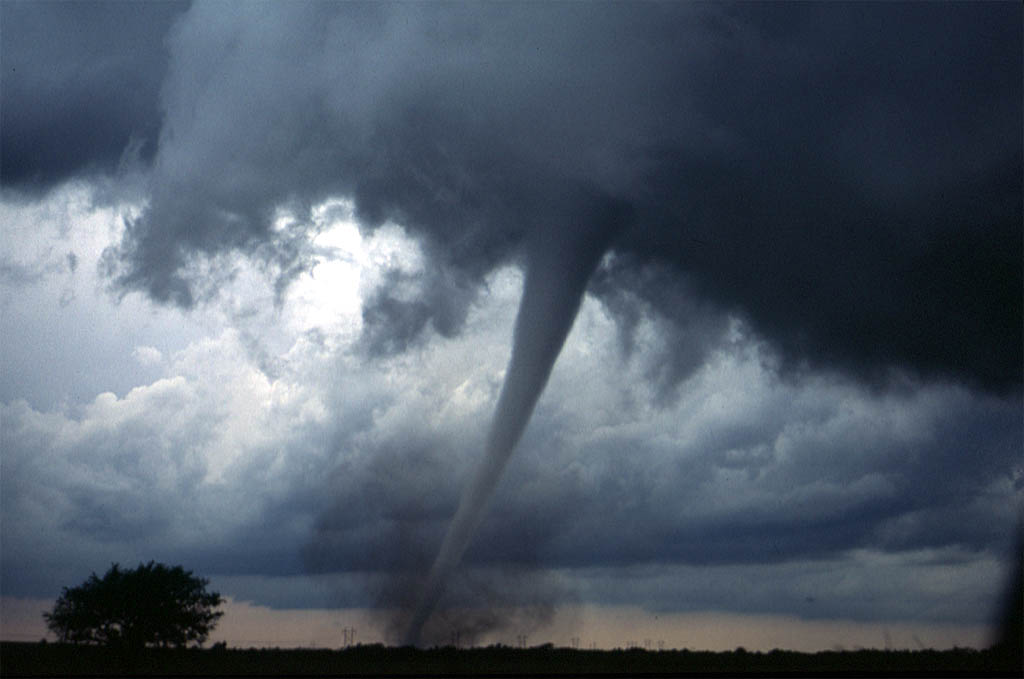
Here are the ones I recommend (besides The Gravity Well, of course!). Leave your own favorites in the comments, the Gravity Well Facebook page, or our Twitter feed. William E. Burrows, This New Ocean: The Story of the First Space Age. At once entertaining and thorough, Burrows’s book guides us through the beginnings of space up through 1998. The New Ocean was a finalist for the Pulitzer Prize in 1999. In my prejudiced opinion, it deserved to win.James Hansen, Engineer in Charge: A History of the Langley Aeronautical Laboratory, 1917-1958. Hansen, a history professor at Auburn University, is the author of the bestselling book, First Man, the authorized biography of Neal Armstrong. Engineer in Charge covers the history of NACA (NASA’s predecessor) and the early days of NASA, with a focus on technical innovations. The book deeply influenced me.Michael J. Neufeld, Von Braun: Dreamer of Space, Engineer of War. The best biography of Wernher von Braun, the Third Reich aerospace engineer who helped found the American space program. An SS member and, arguably, a war criminal, von Braun was also perhaps the greatest space visionary.Robert Seamans, Jr., Project Apollo: The Tough Decisions. Seamans worked at the highest levels in NACA and NASA from 1948 through 1968. In this monograph (available on Amazon), he offers an insider’s view of the politics and technical challengesNeil DeGrasse Tyson, Space Chronicles: Facing the Ultimate Frontier. Space’s closest thing to a rock star, Tyson has published essays in a variety of popular publications and online blogs. This book pulls together his best writing. Behind the wit and provocative storytelling lies an urgent message: America must renew our commitment to space before it’s too late.Chris Impey, Beyond: Our Future in Space. This distinguished astronomer describes the years to come as we explore space. Behind his detailed account of the future lies his belief (one I fervently share) that exploration is the compelling force of humankind’s progress.Lewis D. Solomon, The Privatization of Space Exploration: Business, Technology, Law, and Policy. Solomon, a lawyer, serves as a cheerleader for commercial space missions.David S. Landes, The Wealth and Poverty of Nations: Why Some Are so Rich and Some Are so Poor. What makes a country rich and great? This engaging book is full of surprising answers. Besides luck (including the right resources), a wealthy nation also depends on systematic decisions by wise leaders. This book is where I found the story of the Chinese burning their beautiful ships and its effect on China’s progress—the equivalent of America scrapping the Saturn V rocket.Daron Acemoglu and James Robinson, Why Nations Fail: The Origins of Power, Prosperity, and Poverty. The authors show that political and economic decisions lie behind the huge gap in the growth and power of nations. Don’t miss the section on America, which may be making the wrong decisions right now.Mariana Mazzucato, The Entrepreneurial State: Debunking Public vs. Private Sector Myths. Mazzucato argues eloquently, with plenty of examples and data, that government is an essential catalyst to the private-sector economy. Among her most compelling examples of government success in stirring entrepreneurship: NASA.M.I. Finley, The Ancient Economy. Written by one of the great modern historians of ancient Greece and Rome, this book—a compilation of lectures—shows how the richest citizens of Athens and Rome acquired their wealth by taking it from others. Before the modern, government-assisted economy and currency systems, people didn’t get rich from growing the economy. Wealth in those days, as one reviewer puts it, was a “zero-sum game.”Tomas Sedlacek, The Economics of Good and Evil: The Quest for Economic Meaning from Gilgamesh to Wall Street. We’re used to thinking of economies as states of growth and non-growth. Growing economies are good, and shrinking economies are bad. There’s a lot to be said for that attitude. But Sedlacek, an economist at the University of Prague, argues for a more sophisticated, ethically centered approach. Economies, he says, can be a force for good beyond growth. Anyone looking for a thought-provoking way to examine the value of the space program should read this book.Philip Kitchner, Science, Truth and Democracy. Is science intrinsically good and necessary, or does it merely serve the powerful? Neither, says this clear-thinking philosopher. He advocates a public consensus on the scientific avenues to explore. Kitchner’s book struck a chord with me. A vast majority of Americans see the value of space (if not all its many benefits). They should have a greater voice in spurring the exploration of space.Stephen P. Johnson, The Secret of Apollo: Systems Management in American and European Space Programs. This book makes a convincing case that the systems approach to management was NASA’s single greatest innovation. Besides serving as a scholarly history of the space program, this fairly slim book offers a fine introduction to anyone interested in systems.Donella H. Meadows, Thinking in Systems: A Primer. The single best beginner’s guide to systems, written by an environmental scientist. Meadows worked with a brilliant team at MIT to develop the new field of systems dynamics.John D. Sterman, Business Dynamics: Systems Thinking and Modeling for a Complex World. A fat textbook, complete with CD-ROM, offering a course in systems. Sterman, a professor at MIT’s Sloan School of Management, has greatly influenced my own thinking about space. Once you adopt a systems view, you realize that the space program is about more than space. It can lead our nation into its next great era.
The Best Books on Space — The Gravity Well




